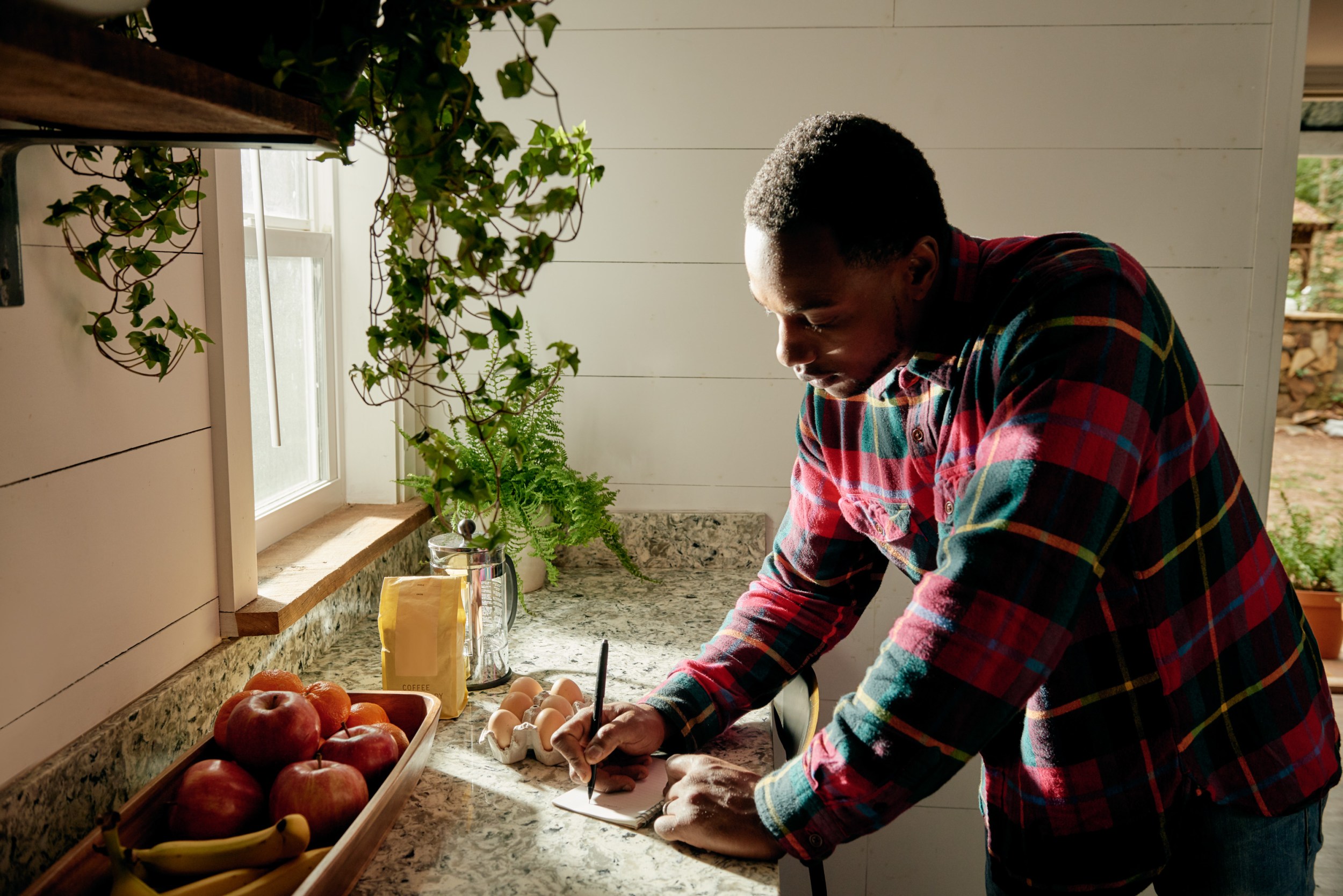Airbnb hails ownership economy in roundtable with US Secretary of Commerce
Key Takeaways
- The typical US Host earned more than $8,000 in from January through September 2021, which represents nearly an extra month and a half of pay for the median US household.

Key Takeaways
- The typical US Host earned more than $8,000 in from January through September 2021, which represents nearly an extra month and a half of pay for the median US household.
Today, Airbnb Co-Founder and Chief Strategy Officer Nathan Blecharczyk joined US Secretary of Commerce Gina Raimondo and other business leaders in a roundtable discussion on the importance of broadband to the foundation of an “ownership economy” — an economy that keeps more of the returns of online marketplace activity with the communities and the people who power these platforms.
During the discussion, Blecharczyk spoke to new data that was released via an economic impact report sent to the US Department of Commerce. The report details our emergence as a platform that generates important income for our 4 million Hosts and revenue for their approximately 100,000 cities and towns around the world.
According to the report:
- The typical US Host earned more than $8,000 in from January through September 20211, which represents nearly an extra month and a half of pay for the median US household and is more than most Americans received in government-provided stimulus payments2.
- Women Hosts in the US, who make up 60 percent of our US Host community, earned more than $4 billion in the first three quarters of 20213.
- To date, Hosts around the world have earned more than $140 billion welcoming guests through our platform, including more than $54 billion in the US alone4.
- In Rhode Island, the home state of Secretary Raimondo, Airbnb Hosts have earned $210 million since 2010.5
- We have collected and remitted more than $4 billion in tourism taxes around the world, including $520 million in US communities from May through August 20216.
The roundtable discussion centered on how broadband-enabled platforms such as Airbnb have helped create a new kind of economy in which platform earners and their communities share in the platforms’ success, and the platforms are invested in helping their earners and communities succeed. Blecharczyk referred to this virtuous circle as an “ownership economy” — in contrast to an economy in which people and their communities provide and pay for the services (such as drivers using and having to maintain their own cars, or cities funding the upkeep of historic sites), while the platform keeps most of the returns for itself, including by avoiding local taxes.
The world is undergoing a revolution in how we live and work. Technologies like Zoom make it possible to work from home — Airbnb makes it possible to work from any home. This newfound flexibility is bringing about a revolution in how we travel. Millions of people can now take more frequent trips, longer trips, travel to more locations, and even live anywhere on Airbnb. As this travel revolution unfolds, Airbnb looks forward to working with local governments to expand the ownership economy, helping more people and places own their futures in tourism.